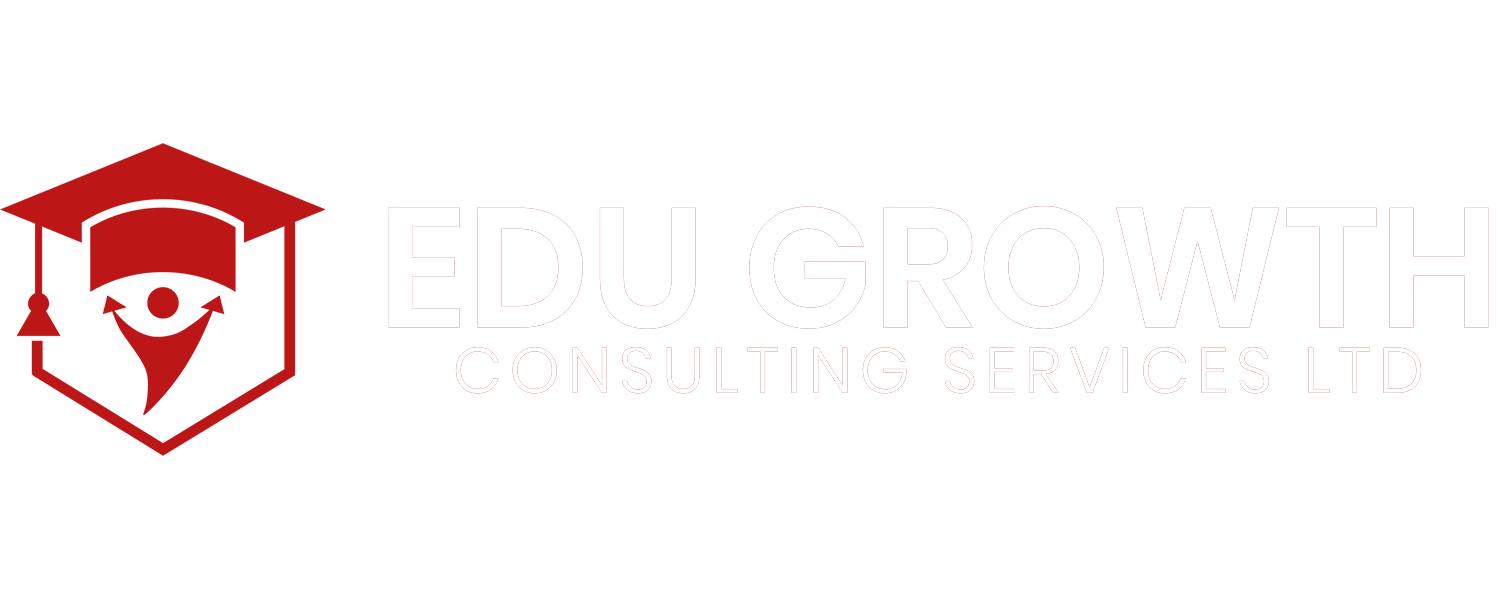Training in Capacity Building
These identified topics focus on skills needed to stay competitive in the workforce in any sector (Teaching, Industry, and Entrepreneurship), especially with increasing technological advancement and automation.
These topics can be designed to suit the target audience recommended for the training.
Technology and Digital Literacy
The focus of training in technology and digital literacy is to equip individuals with the skills to use technology effectively and critically in their personal, academic, and professional lives.
This includes understanding not only how to use digital tools but also why and when to use them appropriately and safely.
The training typically covers several key areas. These include training on essential software, data analytics, digital marketing, and the use of artificial intelligence (AI) and machine learning in the workplace, among others.
Soft Skills
These are often referred to as “power skills.” They are highly valued in any industry.
They include communication, teamwork, leadership, critical thinking, problem-solving, and adaptability.
Industry-Specific Certifications
Many industries require employees to maintain certifications to prove their expertise. Lifelong learning programs often provide training for certifications in fields like project management, IT, human resources, and cybersecurity
Entrepreneurship and Business
For those looking to start a new venture or grow an existing one, courses on business foundations, financial management, and innovation are essential.
Pedagogical and Instructional Strategies
Effective Teacher Training and Development Programs at all levels of education must be tailored to the unique challenges and opportunities of each level.
Professional and Personal Development
Training programs focused on professional and personal development aim to enhance an individual’s skills and mindset to help them achieve both career success and a higher quality of life.
Diversity, Equity, and Inclusion (DEI)
Designing a successful Diversity, Equity, and Inclusion (DEI) training program requires a strategic and comprehensive approach, moving beyond a simple, one-time course.
A good program typically covers foundational concepts, addresses specific workplace issues, and provides actionable skills for employees and leaders.
